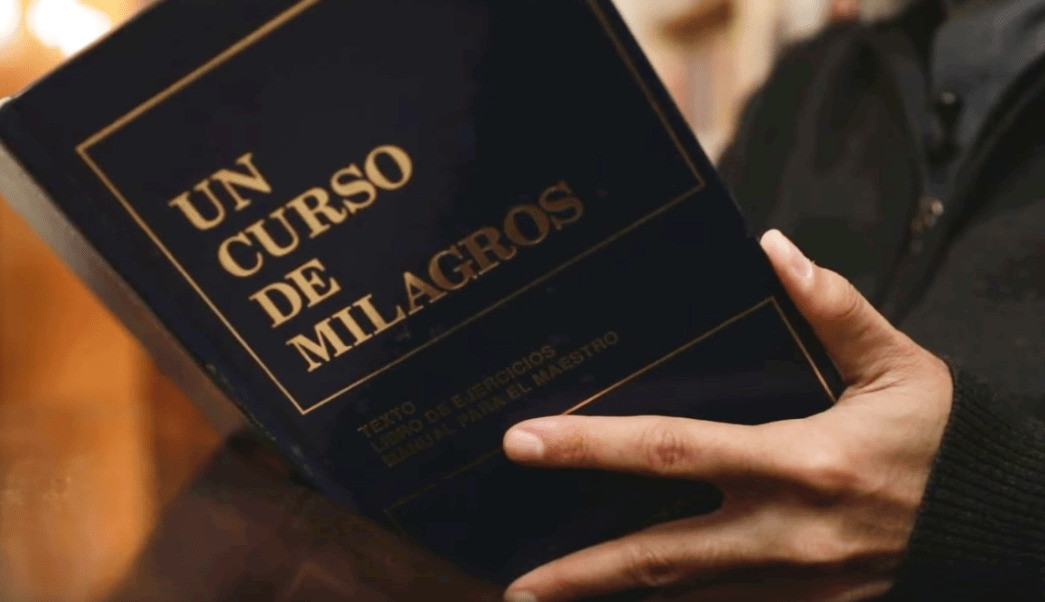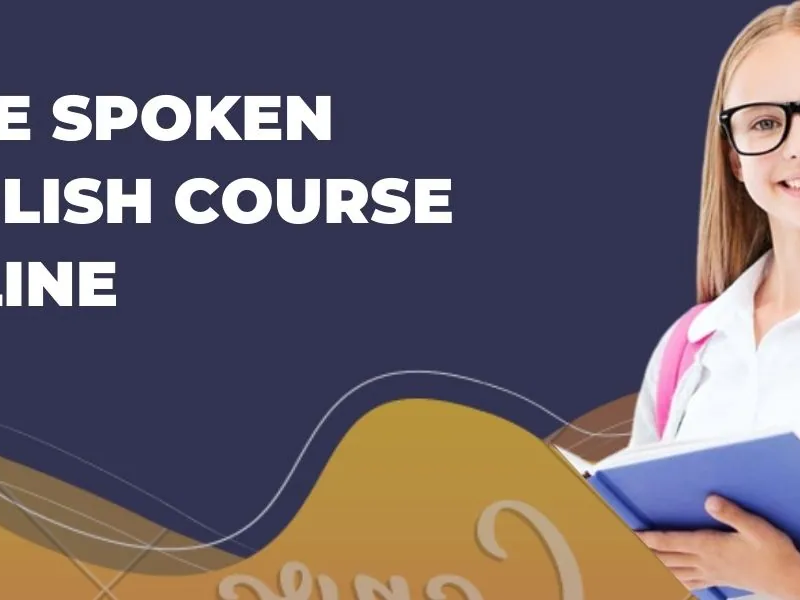Often the most fleeting ucdm contact with international visitors can have a far-reaching and unforeseen impact. Drawing from the authors’ media teaching, research, and practice in the Middle East and North Africa (MENA), the article addresses the inspiring and enriching cultural impact of media education partnerships between the U.S. and the MENA.
The article outlines keys to creating and sustaining successful media, journalism and communication university partnerships, reporting specifically on an international media education collaboration in progress between l’Institut de Presse et des Sciences de l’Information (IPSI), University of Manouba, Tunis and Bowling Green State University. The article also explores how media education partnerships will help institutions in the MENA and the U.S.
Provide culturally-appropriate education to their students, and the positive impact of each partnerships’ faculty and students being exposed to media, journalism and communication students and practitioners from other cultures and nations. It gives evidence as to how media education partnerships can not only develop professional standards in media, but also build capacity to strengthen democratic practices, build civil society,
increase critical thinking and awareness, minimize and manage conflicts, fight negative stereotypes that often emerge as a reaction to governmental and corporate media discourses.An increased attention to the growth of civil society in the Middle East and North Africa (see, for instance, Amin & Gher, 2000; Bellin, 1995; Borowiec, 1998; Brand, 1998; Darwish, 2003) reveals that civic discourse functions best where there is free access to information and where unhindered discussions allow citizens to examine all sides of civic issues.
Because information and communication technology (ICT), media, and journalism are some of the most important sites for civic debate, they are essential partners in any nation’s efforts towards enhancing civil society. As nations in the Middle East and North Africa MENA continue to enhance civil society, it is imperative that their journalists and media and communication professionals have the professional training and dedication to maintain the highest codes of conduct and practice that will make them integral components in the process of building civil society.


